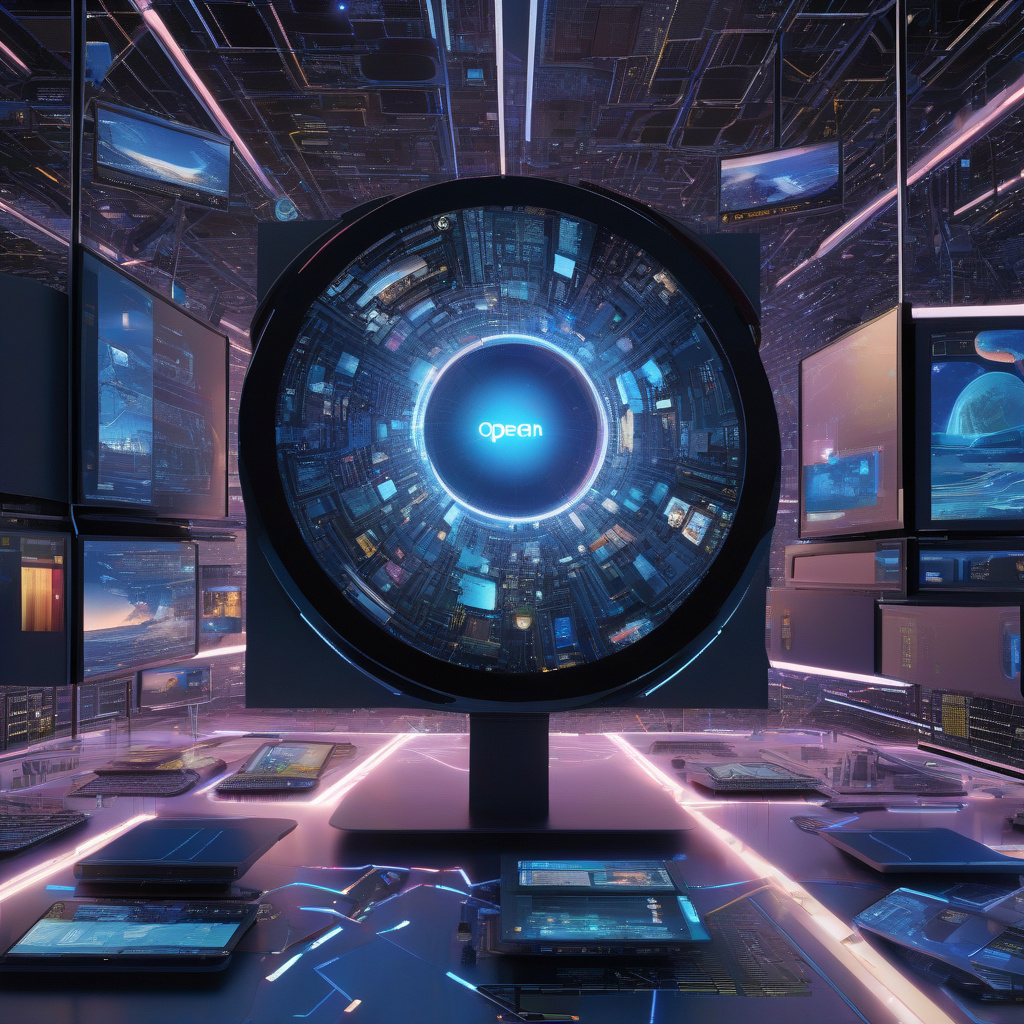The browser battleground is heating up as OpenAI and Perplexity step into the arena to challenge Google Chrome’s long-standing dominance. Perplexity recently introduced Comet, a browser infused with AI search capabilities, while OpenAI is gearing up to launch its own AI-powered browser, aiming to revolutionize user interactions on the web.
Comet, according to Perplexity, offers a seamless browsing experience with integrated AI functionalities, enabling users to ask questions, perform tasks, and explore information effortlessly. On the other hand, OpenAI’s browser is set to feature a ChatGPT-style interface, streamlining user interactions and reducing reliance on external websites.
The emergence of AI-driven tools like ChatGPT and Perplexity signifies a shift towards alternative avenues for information discovery. However, traditional web browsers remain the primary gateway for the majority of users on smart devices, handling a wide array of tasks from accessing collaboration tools to cloud applications.
As AI continues to gain traction, the integration of AI capabilities directly into browsers could enhance workflow efficiency for users. This evolution towards a “Browser 2.0” era, exemplified by the deep integration of AI technologies within browsers like Microsoft Edge, marks a pivotal moment in the industry’s trajectory.
While the strategic advantage of controlling a browser lies in the access to user data and behavior, a domain where Google has excelled, the entry of OpenAI and Perplexity poses both challenges and opportunities. These newcomers have the potential to leverage detailed user telemetry for monetization through advertising and data partnerships, but face the hurdle of user reluctance to shift from familiar, integrated browsers.
The road ahead for OpenAI and Perplexity involves navigating the preferences of users, enterprise adoption dynamics, and the critical assessments of CIOs regarding privacy, security, and manageability. By integrating enterprise app APIs directly into their AI-native browsers, these companies could offer a compelling proposition to enterprises seeking enhanced control and efficiency in their browsing experiences.
In conclusion, the browser wars are witnessing a transformative phase with AI-powered browsers like Comet and OpenAI’s upcoming offering challenging the status quo. As users embrace the potential of AI for enhanced browsing experiences, the competition intensifies, promising a future where AI seamlessly integrates into our daily web interactions.

